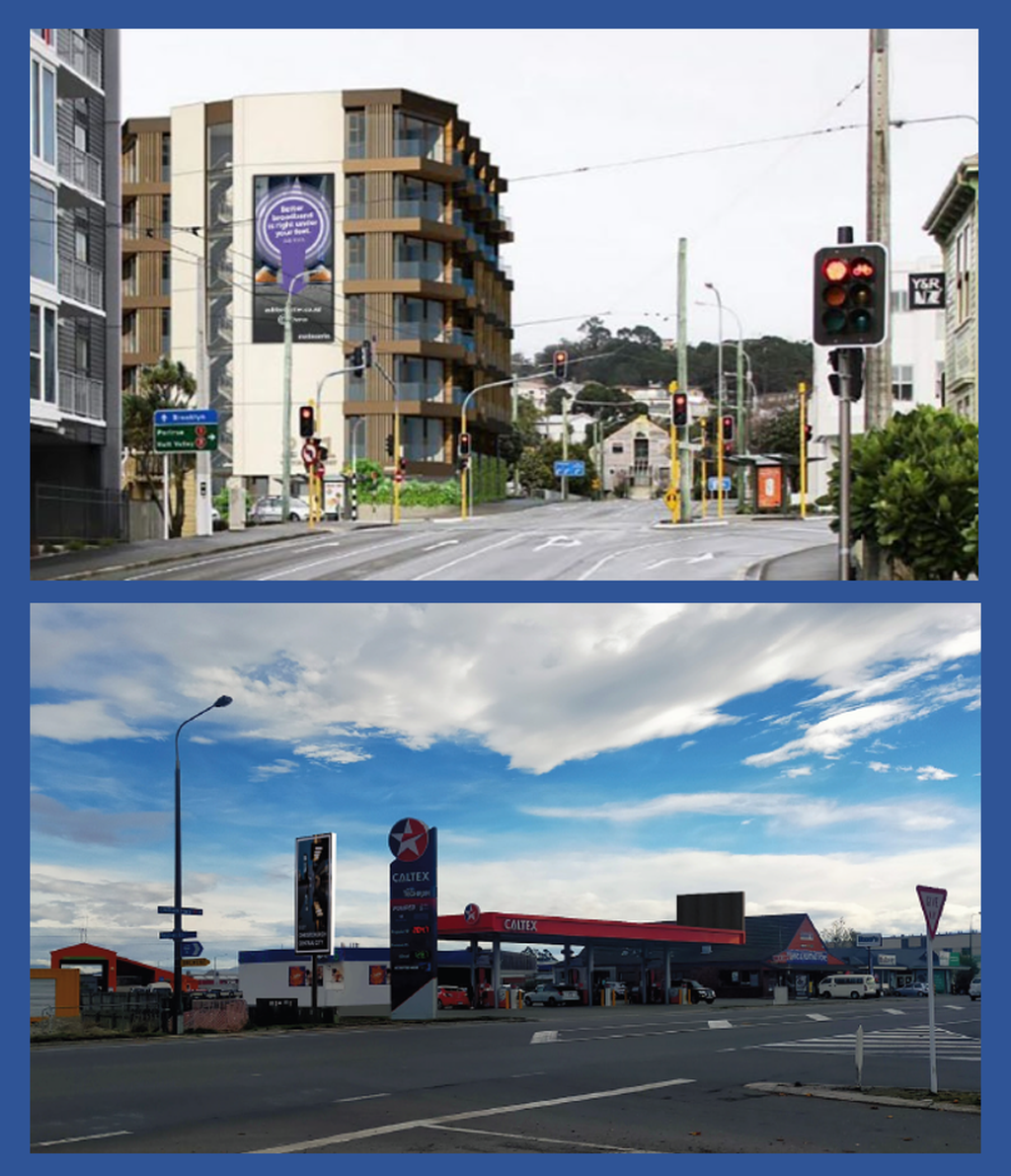Consent granted for new digital billboards despite Waka Kotahi opposition
Thu March 2nd 2023
Both applicants' traffic safety evidence was preferred over Waka Kotahi's opposition which was based on intuition and misapplication of data.
The Berry Simons Digital Billboard Team is celebrating two significant victories over Waka Kotahi in as many months.
Simon Berry and Steph Macdonald led the witness team that obtained resource consents to establish digital billboards in Central Wellington and on the Hilton Highway in Timaru.
In what appears to be a (worryingly) common trend, the Wellington City Council and Timaru District Council both limited notified the digital billboard applications to Waka Kotahi, despite traffic safety data supporting non-notification.
Waka Kotahi opposed both applications on traffic safety grounds alleging that digital billboards are inherently distractive to drivers and that approving them would be inconsistent with Waka Kotahi’s Road to Zero and Vision Zero strategies.
Waka Kotahi attended both hearings and called expert evidence, including from a Waka Kotahi traffic safety expert and an independent human behaviour expert.
Both applicants were granted resource consents on the basis that their traffic safety evidence was to be preferred to the theoretical evidence presented by Waka Kotahi.
In the Wellington case, hearing commissioner Angela Jones granted consent to the digital billboard at 251 Victoria Street, Te Aro, finding that the evidence of the applicant’s traffic experts was based on a significant body of national and international research whereas Waka Kotahi’s position was premised on a ‘theory’ of distraction and correlation, based on the simplistic reasoning that digital billboards are designed to attract attention, ergo are distracting to drivers, ergo are a traffic safety hazard.
Commissioner Jones found that the RMA is not a ‘no risk’ statute and that, while relevant, Waka Kotahi’s Road to Zero and Vision Zero strategies are not an appropriate benchmark for assessing risk in the context of resource consent applications.
In the Timaru case, hearing commissioner Alan Cubitt also preferred the evidence of the applicant’s experts. He accepted that suspicion or an ‘intuitive’ (a term used by Waka Kotahi’s traffic safety expert) sense that digital billboards represent a traffic safety hazard is an insufficient basis for opposing a digital billboard. His decision stated:
[51] Mr Berry equated, correctly in my view, ‘intuition’ with ‘suspicion’ and submitted that the WK experts are “relying on intuition rather than objectively verifiable evidence” so “we are in, or very close to, a ‘mere suspicion’ scenario that the Court warned decision-makers against.”
[52] I agree with Mr Berry that in terms of the evidentiary tests set out in McIntyre v Christchurch City Council … the WK evidence is not of ‘sufficient probative value’. This contrasts with evidence presented by Mr Carr and Mr Harries, which relies on empirically based international research, relevant to how the proposed digital billboards will operate. They have also ‘ground-truthed’ this evidence through their own research within New Zealand and their first-hand experience in monitoring the safety effects of billboards around New Zealand.
An OIA request revealed that the Wellington case cost Waka Kotahi over $20,000 on external consultants’ fees. The same OIA request revealed that Waka Kotahi spent over $50,000 on consultants to mount its losing case. (Waka Kotahi does not assign a value to staff time so the true cost to taxpayers is not known.)
Simon Berry said, “We are delighted with these results, particularly the clear findings that the position adopted by digital billboard applicants, based on hard data and a proper interpretation of international research, is to be preferred to the simplistic reasoning espoused by Waka Kotahi. The simple reality is that drivers will not look at a billboard if doing so would be contrary to their driving task and no causal link between digital billboards and crashes has ever been established".
News & Updates
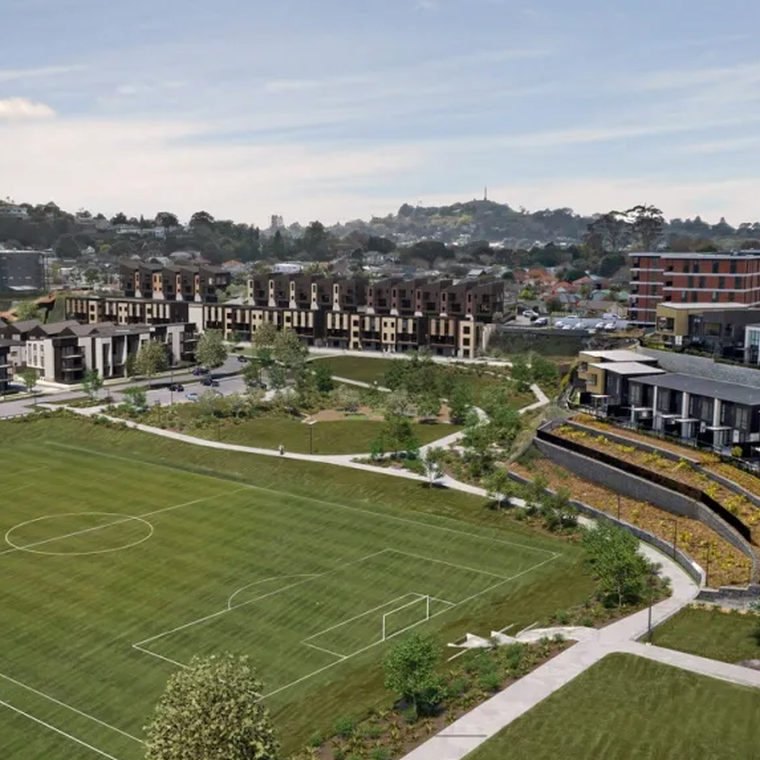
Court rejects Council's Three Kings Development Contributions Challenge
The High Court decision demonstrates opportunistic development contribution assessments by Auckland Council can be successfully challenged.
Fri May 30th 2025
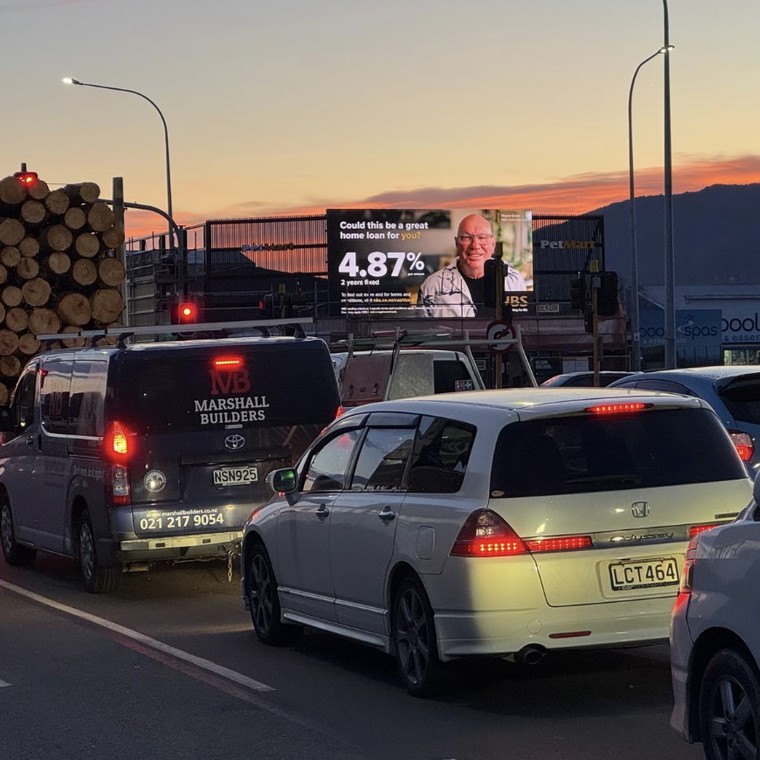
Consent obtained for the first digital billboard in Richmond
The Berry Simons' Digital Billboard Team obtains consent despite opposition on traffic safety grounds and effect on amenity values.
Fri Dec. 20th 2024
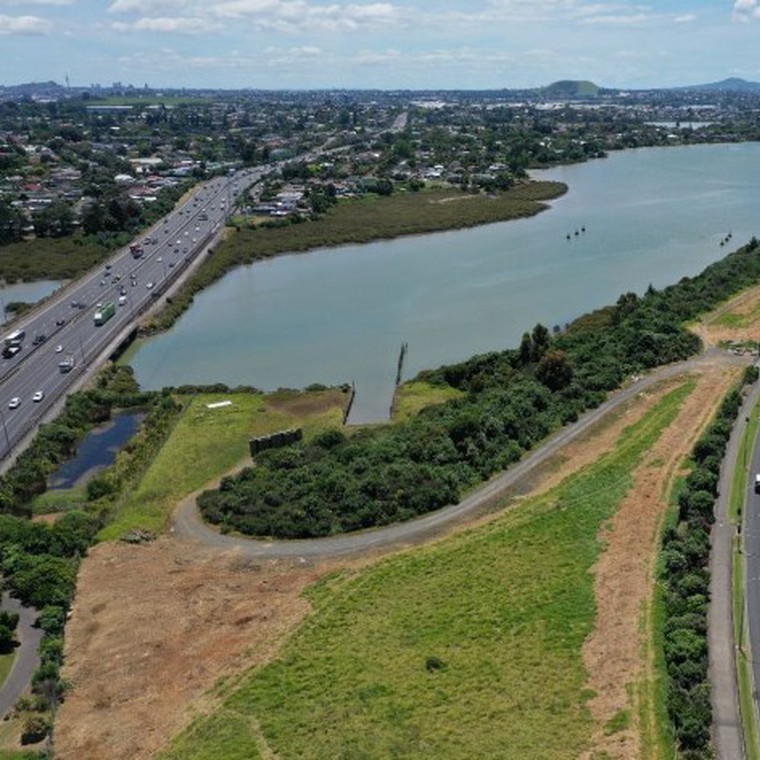
Rezoning approved for Otara residential development
Approval of Plan Change 90 to the AUP allows rezoning of land from business to residential.
Thu Nov. 28th 2024
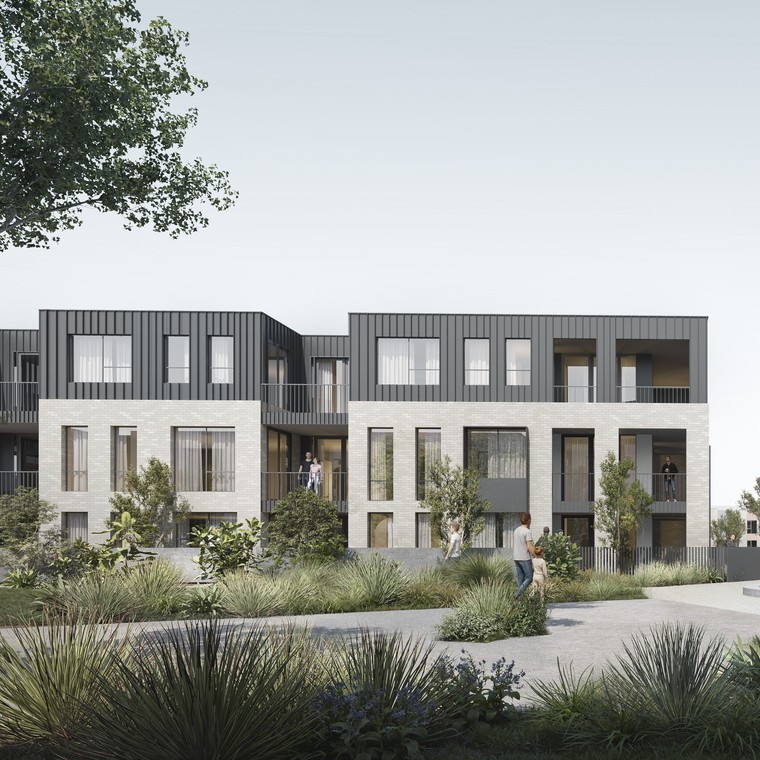
Consent granted for Peachgrove Development
A fast-track panel has approved consent to construct a mixed-use development in Hamilton East.
Thu Oct. 31st 2024

